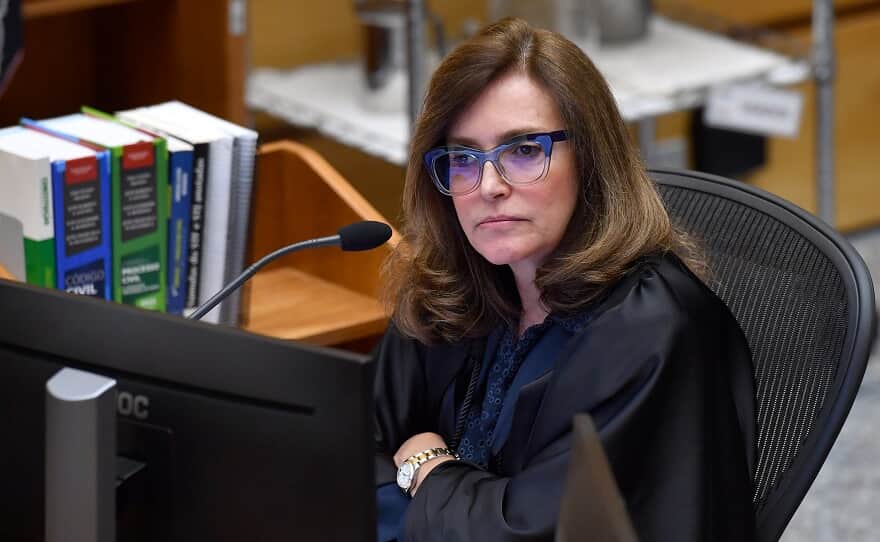Electronic medium
The decision was made by the 4th group, which validated the electronic notice; 3rd class has a decision in the opposite direction.
It is valid to notify the consumer by electronic means (e-mail) prior to their registration in the credit protection register. This is what the 4th class of the STJ decided this Thursday, the 14th, by majority, following the vote of the rapporteur, minister Isabel Gallot
The understanding came within the scope of an appeal filed by the consumer against the TJ/RS ruling, in which he claimed that the email notification did not meet the requirements of art. 43, § 2, of the CDC .
4th class followed Minister Isabel vote and allowed notice of denial via email. (Image: Gustavo Lima/STJ)
The panel considered, however, that the CDC only requires that communication be made in writing, without establishing the means of sending the message.
Minister Isabel highlighted that, at the time the CDC was published, it would not have been possible to predict the technological evolution that the country had undergone. Furthermore, she clarified that, even for postal correspondence, the STJ does not require acknowledgment of receipt. For this reason, it was also not appropriate to make this requirement in relation to e-mail.
Finally, he highlighted that TJ/RS, always very attentive to consumer protection, has repeatedly decided on the validity of electronic notifications.
Read more
STJ prohibits notification of denial made only by email or SMS
The trial had started in August 2023, when the rapporteur voted in favor of notification by email. On the occasion, minister João de Noronha, who did not participate in this Thursday's vote, stated that "we are living in new eras, new times, (...) at a time in which the CPC itself provides for the obligation for companies to have a registered email" and that "we cannot go back".
On that occasion, consideration of the appeal was suspended following a request from Minister Marco Buzzi.
With the resumption of the trial, Buzzi considered that, given technological advances, it was necessary to recognize the possibility of the consumer being notified electronically. On the other hand, due to the principle of vulnerability and consumer protectionism, he understood that it was necessary to adopt some precautions, such as, for example, ensuring that he had provided the email address to the creditor at the time of contracting.
The other ministers from the 4th group accompanied the rapporteur, Isabel Gallotti. Minister Raul Araújo considered that the requirements imposed by Minister Buzzi could make electronic communication unfeasible.
Minister Antonio Carlos Ferreira noted that the consumer had not denied ownership of the email to which the notification had been sent.
Process : 2,063,145
Disagreements in the Court
In June last year, the 3rd panel of the STJ decided in the opposite direction . When judging a similar case, the panel understood that consumer notification regarding the registration of their name on a credit restrictive register requires correspondence to be sent to their address, with exclusive notification via electronic address (e-mail) or text message being prohibited. cell phone (SMS).
The appeal's rapporteur, Minister Nancy, noted that, although the STJ's jurisprudence eliminates the need for acknowledgment of receipt (AR), it still requires that the notification provided for in the CDC be carried out by sending correspondence to the debtor's address.
Minister Nancy also highlighted that, in contemporary Brazilian society, "the result of a development historically permeated by profound economic and social inequalities", it cannot be ignored that consumers often do not have an electronic address or, when they do, they do not have easy access to him.
Given the jurisprudential divergence between classes, the last word will probably be left to the 2nd section of the Court, which deals with private law.
.

 Mr. Alessandro Jacob speaking about Brazilian Law on "International Bar Association" conference
Mr. Alessandro Jacob speaking about Brazilian Law on "International Bar Association" conference